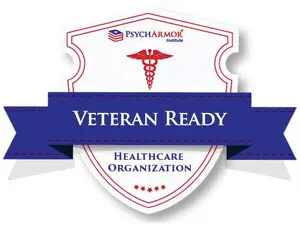The Relationship between Memory and Relapse
The Relationship between Memory and Relapse
The treatment process for addiction of any kind takes perseverance. There are multiple steps that one must take to combat addiction, first being self realization—understanding that you have a problem and you need help to fix it. Once an addict seeks professional help and begins the road to recovery, full commitment is completely necessary in order to obtain lasting sobriety. Just showing up to rehab because a family member or loved one wants you to is not good enough—an addict must truly want to recover in order to do so. Finally with the patient fully on board and with continuous help of peer support and professional care, the light at the end of the addiction tunnel may become clear. But often relapse can occur shortly after departing from what was thought to be a very successful rehabilitation process and research has shown that the patient’s memory plays a large role in these potential relapses.
Inside the safe and controlled environment of a rehabilitation center, a patient may feel ready to face the challenges of their new sober life. But once a recovering addict is faced with situations and locations out in the real world on their own, old memories may trigger old behavior. For example being out at a restaurant or bar and seeing ash trays and smelling the atmosphere may cause a former alcoholic to dabble back into their addiction. Or hanging out with old friends who initially influenced the addictive behavior years before may increase the chances of relapse. But avoiding these kinds of situations once a patient leaves rehab can be almost impossible. That is why treatment centers are turning to what clinicians call “exposure therapy.” This method teaches the patient new memories that oppose the old memories by giving more therapy, conducting the therapy in different locations and contexts, spacing the extinction exercises over the therapeutic session, and finally providing treatment sessions separated by more time. The timeless saying “practice makes perfect” is the ground stone of this approach because increased practice enhances learning, and by practicing these replacement memory techniques, a recovering addict can turn to the new learned memories in order to prevent relapse.
Overcoming addiction is a long term process that takes continuous effort from the patient. It is very important that not only is the patient committed to recovery, but it is equally important to find a rehabilitation center that will best fit the individual’s needs. For those who live on the east coast, Seabrook is one of the best rehabilitation and detoxification centers around. Seabrook has achieved an elite CARF accreditation status that ensures rehab patients receive the highest quality treatment. Their programs are built around the individual because the professional treatment team at Seabrook understands that each patient is unique; therefore each recovery is unique. Seabrook has their main rehab facility in Bridgeton, New Jersey (NJ), their extended-care luxury transitional rehab center in Tioga County, Pennsylvania (PA), and their outpatient office located in New York (NY). The professional treatment team at Seabrook will continuously work with patients even after their rehabilitation stay to ensure that a potential memory relapse will not occur.



